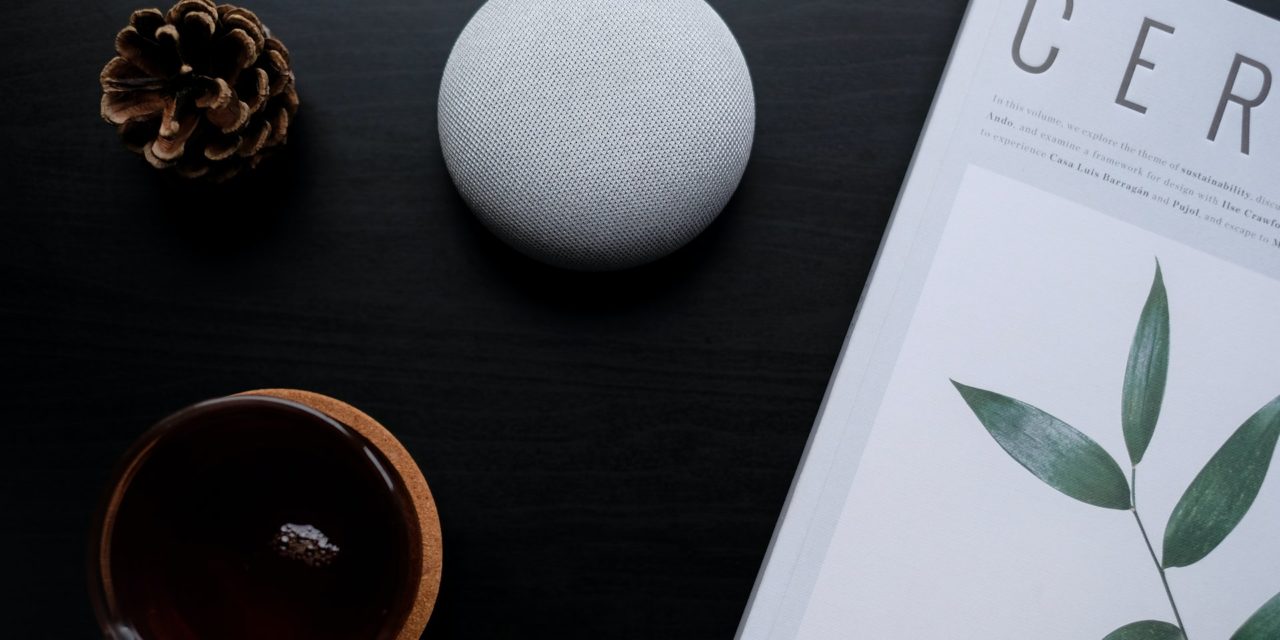[ad_1]
Forget whatever horror stories you heard about your grandmother's pressure cooker. For time saving, flavor and nutrition no cooking method beats today's safe and reliable pressure cookers. You can get home at 7:00 and have a complete, fresh, homecooked meal on the table by 7:30 or even earlier. Put those soggy, bland microwave meals behind you, and get ready to accept the adulation of your adoring family.
Here is how a pressure cooker works its magic. The cover or lid locks in place creating a closed system at a standard 15 pounds of pressure. At this pressure water boils at 257 degrees F instead of the usual 212 degrees F. The higher temperature cooks the food faster. About three times faster than regular stove top cooking methods. Small to medium-sized potatoes cook in five minutes, and a whole “roast” chicken dinner cooks in only twenty minutes. All foods, vegetables in particular, keep their color and their flavor. Nutrients stay trapped in the pot instead of dissipating in a cloud of steam.
For family use the Kuhn Rikon 7 liter stainless steel pressure cooker is the gold standard. An aluminum disk in the base, sandwiched by stainless steel, cooks evenly on gas, electric, ceramic and induction stovetops. That old, dancing pressure valve that scared the beejezus out of your grandmother is replaced with modern safety features that quietly regulate pressure and keep the lid safely locked while the contents are pressurized.
Presto pressure cookers have been around for a long time and offer a variety of different sized stainless steel and aluminum pots. Professional chefs prefer a stainless pressure cooker because it is nonreactive and can be safely cleaned in a dishwasher, but aluminum is also a good choice if weight is a consideration. You want heat resistant double handles, one on each side of the pot, in every case. A 6 quart pressure cooker is minimum family size. Go larger if you will use it as a canner.
You are better off sticking with a name brand manufacturer even when price is your primary consideration. Quality control is likely to be better but more importantly you want to be able to get replacement parts when you need them five or ten years from now. Valves get lost. Gaskets wear out or get damaged. A loose fitting lid doesn't affect your stock pot but it will put your pressure cooker out of business.
Many models come with useful accessories like racks, trivets or vegetable steamers which keep food from sticking to the bottom of the pot. Most chefs brown meats before attaching the lid so sticking does occur. You may still want to avoid nonstick interiors, however. The occasional inconvenience of a little extra cleaning far outweighs the risk of a pitted or peeling interior coating. Nonstick interiors are less of a potential problem with electric pressure cookers.
Cuisinart makes a programmable electric pressure cooker worth considering. Priced between the Presto and the Kuhn Rikon pressure cooker its push-button controls and digital display make an attractive package. The Cuisnart can be programmed for high or low pressure cooking, browning, simmering, sauteing or warming. And you got to admit that an electronic thermostat is more foolproof than setting a stovetop control to a precise position. You do give up some flexibility, however, because you can't open the lid until the cooker says you can. With the stove top models you can instantly drop the pressure and open the lid by putting the unit under cold water.
Dozens of specialized pressure cooking recipe books are available.
[ad_2]
Source by Peter Boston

